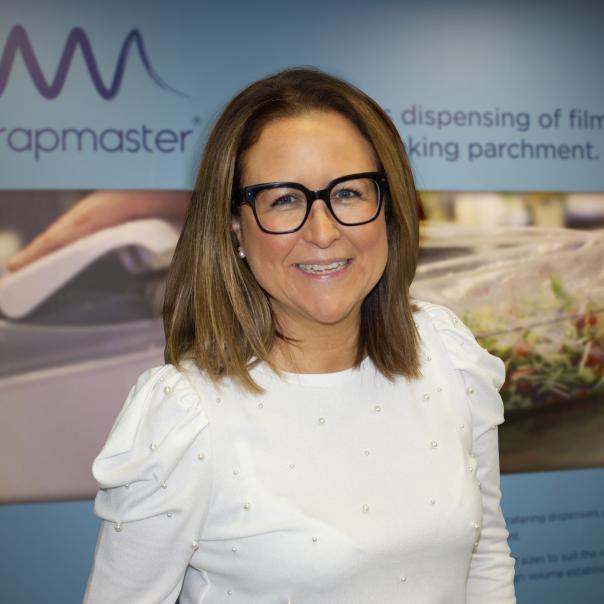
Caterers are under immense pressure to balance sustainability with the practical demands of large-scale operations, and from waste management and monitoring to measuring impact, the challenges are complex.
Food waste is coming under the spotlight with new legislation coming in at the end of March. This will often mean allocating valuable space and investing in extra bins, paying for licensed waste collections, as well as dedicating time and training to ensure compliances are met. Beyond compliance, food waste has always meant financial waste too, so kitchens are coming under double the pressure.
Packaging waste is another challenge, with caterers having to rethink their disposal practices to avoid landfill and reduce their impact on the environment.
The challenge isn’t just general kitchen waste, but equipment too, with the disposing, and use, of inefficient equipment also creating hidden environmental costs, as well as adding to kitchen overheads.
When you consider the operational complexities of managing diverse catering needs across multiple sites, implementing sustainability measures consistently can be a logistical nightmare.
To tackle food waste, caterers are looking at innovative tools and processes to help. Wrapping and storing food efficiently using products like our Wrapmaster recyclable PE cling film can help preserve ingredients for longer and reduce spoilage.
Menu planning, portion control, and waste segregation also help. Some catering operations are introducing their own composting initiatives, while others partnering with waste management companies to turn food waste into a valuable resource.
Packaging is a big challenge in kitchens, which need to be transitioning to recyclable or compostable materials. Investing in reusable equipment is key to reducing waste and Wrapmaster dispensers are built to last.
However, their end-of-life recyclability also ensures alignment with circular kitchen practices through the Return to Recycle programme, which we run in partnership with SUEZ recycling & recovery UK.
Education and training are important - an informed team will be far better equipped to contribute to sustainability efforts.
All of these elements have come together with the catering team at The Deep in Hull, which is an educational tourist attraction and an international player in marine conservation. Our Return to Recycle programme is helping them work towards their sustainability goals by offering a clear pathway to achieving 100% circularity.
Caterers can stay ahead by embracing ideas and technologies that support their efforts to develop a circular kitchen economy. From consciously opting for products that can be easily recycled and reused, to being accountable for their impact by monitoring and quantifying what is being achieved.
Sustainability is no longer a distant goal but an immediate necessity for the cost sector. By working to reduce, reuse, recycle and investing in durable and recyclable equipment catering operators can meet Government and in-house Net Zero targets, while improving operational efficiency and saving money.
A sustainability journey takes time and needs the industry to work collaboratively, but small positive steps will add up, and together we can achieve a more sustainable future for the cost sector.
To learn more about Wrapmaster visit: www.wrapmaster.global/en.